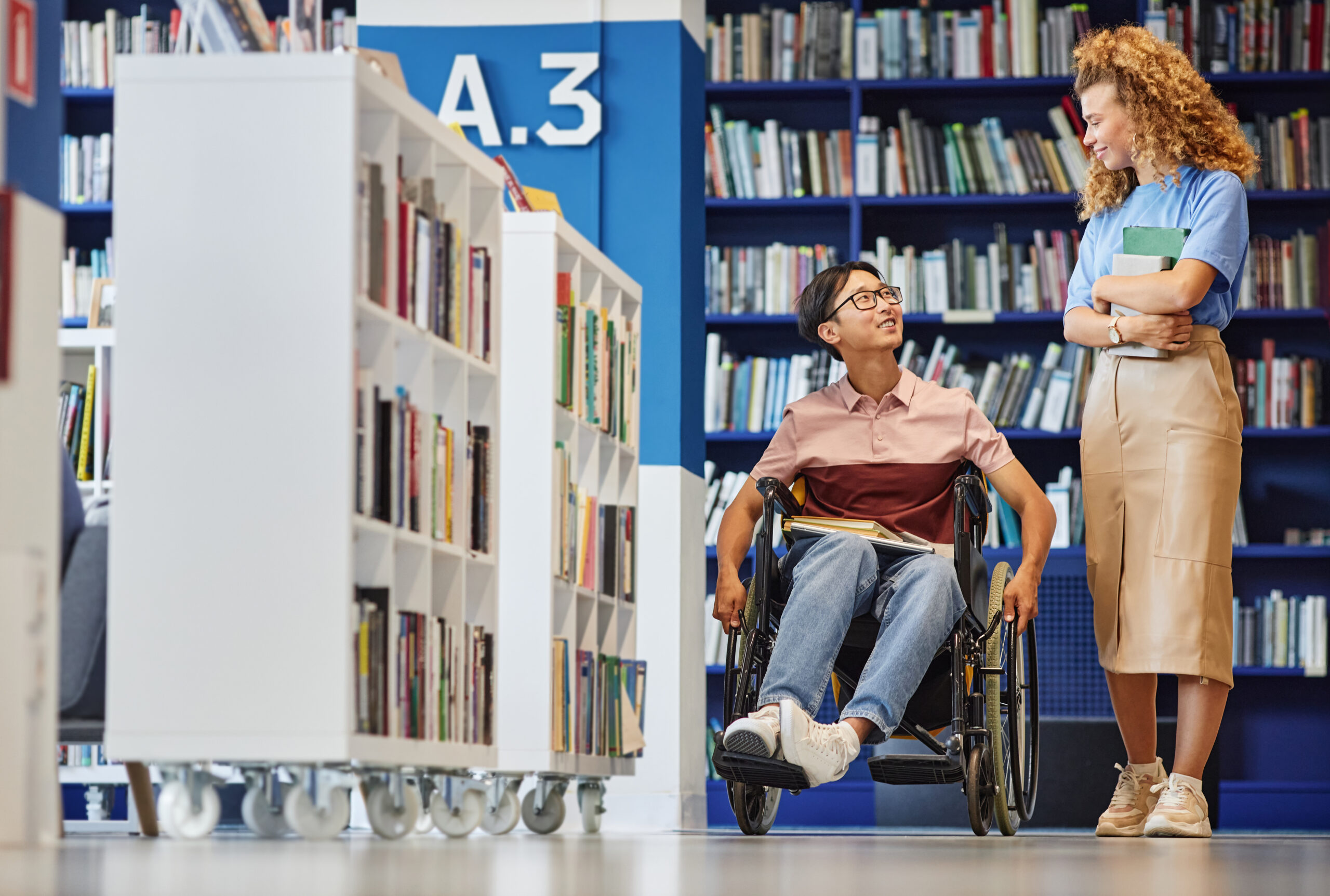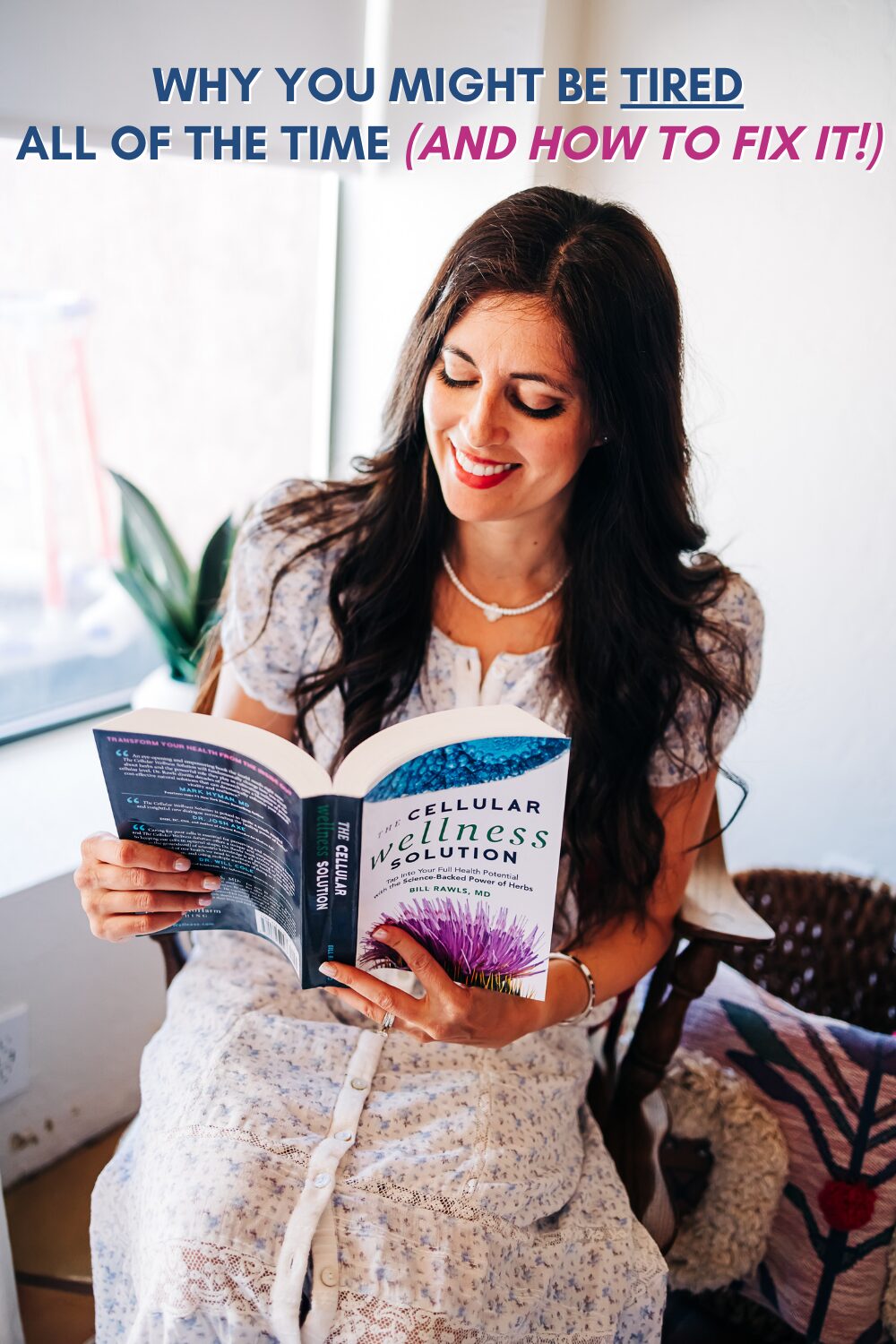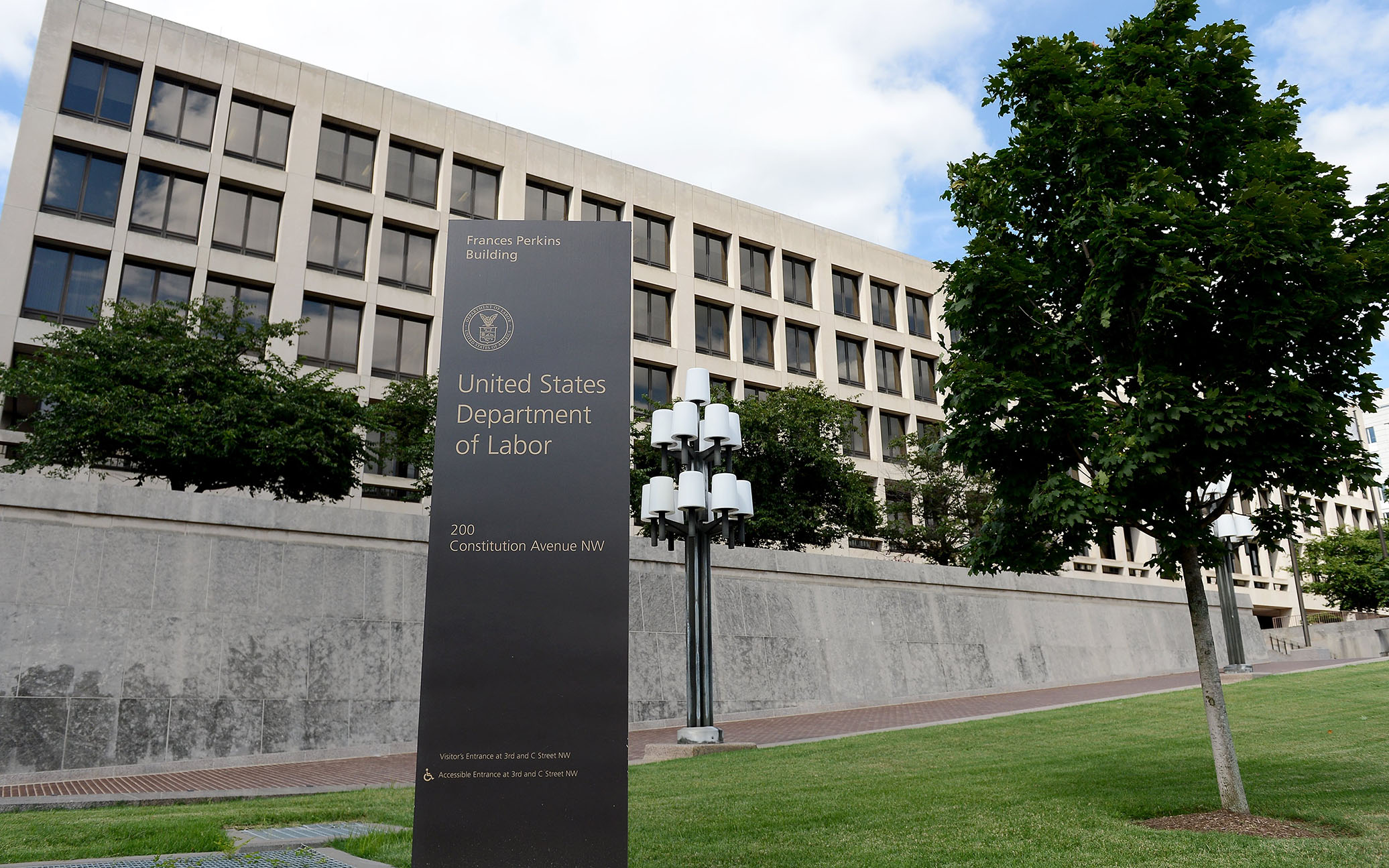

Full length portrait of disabled young Asian man using accessible university library and talking with friend, copy space
Today marks the launch of the Disability Culture Lab (DCL), the first nonprofit disability media and storytelling lab, with a mission to shift the narrative around disability from fear and pity to solidarity and liberation, and to move the needle on ableism from indifference to action.
For more information visit: DisabilityCultureLab.org/
Through creative campaigns, strategic communications, scholarships, and a central resource hub, DCL aims to shift the narrative around disability from fear and pity to solidarity and liberation, and to move ableism from indifference to action. Its unique strategic communications infrastructure, created by and for the disability community, is grounded in disability justice.
“For too long, strategic communications in the disability space was seen as a bit of a soft touch. That’s far from the case,” said Rebecca Cokley, director of the U.S. Disability Rights Program at the Ford Foundation, a founding funder. “Our community is strong and powerful, and how we communicate that is key. We have stories worth telling, inaccurate narratives that need correcting, messages that need amplifying, and tools that need refining. And Ford is thrilled to support the Disability Culture Lab, in partnership with our friends at the MacArthur Foundation, to carry out this mission.”
“For years, the rights and lived experiences of people with disabilities have been ignored and undervalued, in large part due to negative stereotypes and inaccurate narratives that are disseminated and materialized in the media and popular culture,” said Jen Humke, program director of the MacArthur Foundation’s Journalism and Media Program, a founding funder. “The Disability Culture Lab is well positioned to combat these negative and inaccurate perceptions by equipping individuals and organizations that make up the disability community with the tools and power to change the narrative. We view the Disability Culture Lab as a 21st-century human and civil rights organization that uses the power of media, technology, and popular culture to create lasting change.”
DLC is launching at a critical time amid a surge in long-Covid cases that has caused the largest disabling event since the Vietnam War. As of April 2024, an estimated 17 million adults are living with the disabling effects of long-Covid. More than 1 in 4 Americans have a disability, and that number is rising. DCL is focused on building community and solidarity among disabled people, drawing on experts who have been disabled across movements including reproductive justice, gun violence, Black liberation, gender justice, LGBTQIA+ rights, climate change, environmental justice, Indigenous justice, and more.
“We’re launching the Disability Culture Lab because we need a major narrative shift around disability in the U.S. The face of disability — what we see in the news — doesn’t match the lived reality of disabled people,” said Meier Galblum Haigh (they/them), founder and executive director of the Disability Culture Lab. “Disabled people are queer, immigrant, Black, Indigenous, and people of color. We are disabled by domestic violence, policing, and brutal journeys across borders. Our stories are joyful and messy, and we deserve to thrive as we are, now. We need a communications infrastructure — by us and for us — that is in solidarity with other movements for justice, because our liberation is deeply intertwined.”
“As a disabled Black woman, I know intimately the ways in which ableism seeks to undermine the lives and contributions of our community. I am thrilled to serve as Co-Chair of the DCL Board because our movement desperately needs work that changes the narrative around disability and positions us to thrive now, not in the distant future when the world decides to care about us,” says Kenrya Rankin, Co-Chair of the Disability Culture Lab Advisory Board and Director of Accessibility, Co-Director of the Disability Response Group, and Research Editor at the Mozilla Foundation.
“I’ve worked in newsrooms for 18 years, and one thing that’s become apparent is the lack of resources to accurately, compassionately, and investigatively report on people with disabilities and our stories. I’m excited to co-chair the DCL Board because we’re going to fill an essential gap: providing journalists with sources that challenge ableist institutions, including the status quo in newsrooms. By mapping the incredibly talented experts in the disability community across the country, we’ll provide sources when and where journalists need them,” says Cara Reedy, co-chair of the Disability Culture Lab Advisory Board and executive director of the Association of Disabled Journalists.
Disability Culture Lab is a nonprofit disability media and storytelling lab, financially sponsored by Proteus Fund. DCL exists to dismantle ableism and celebrate disability community and culture.







